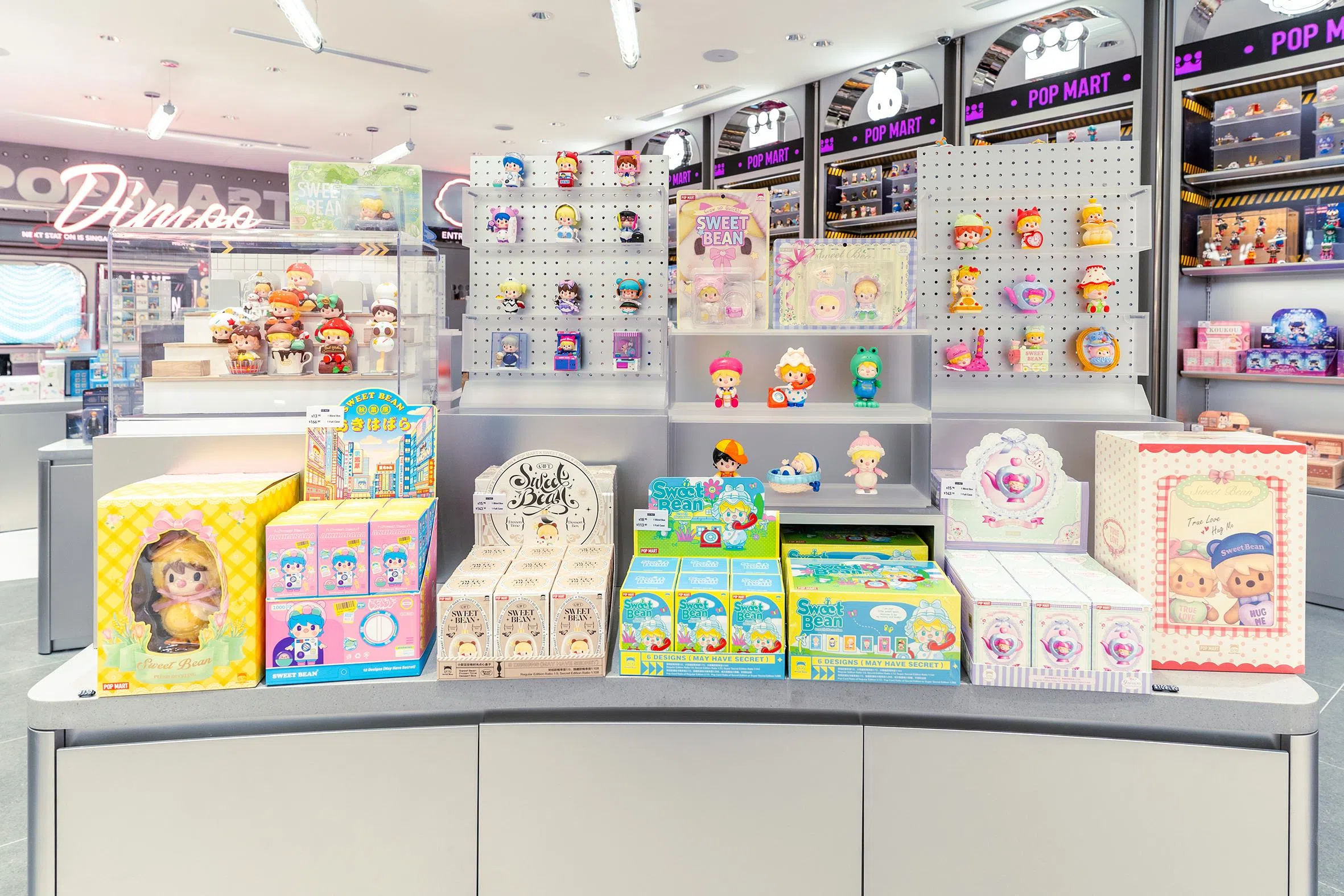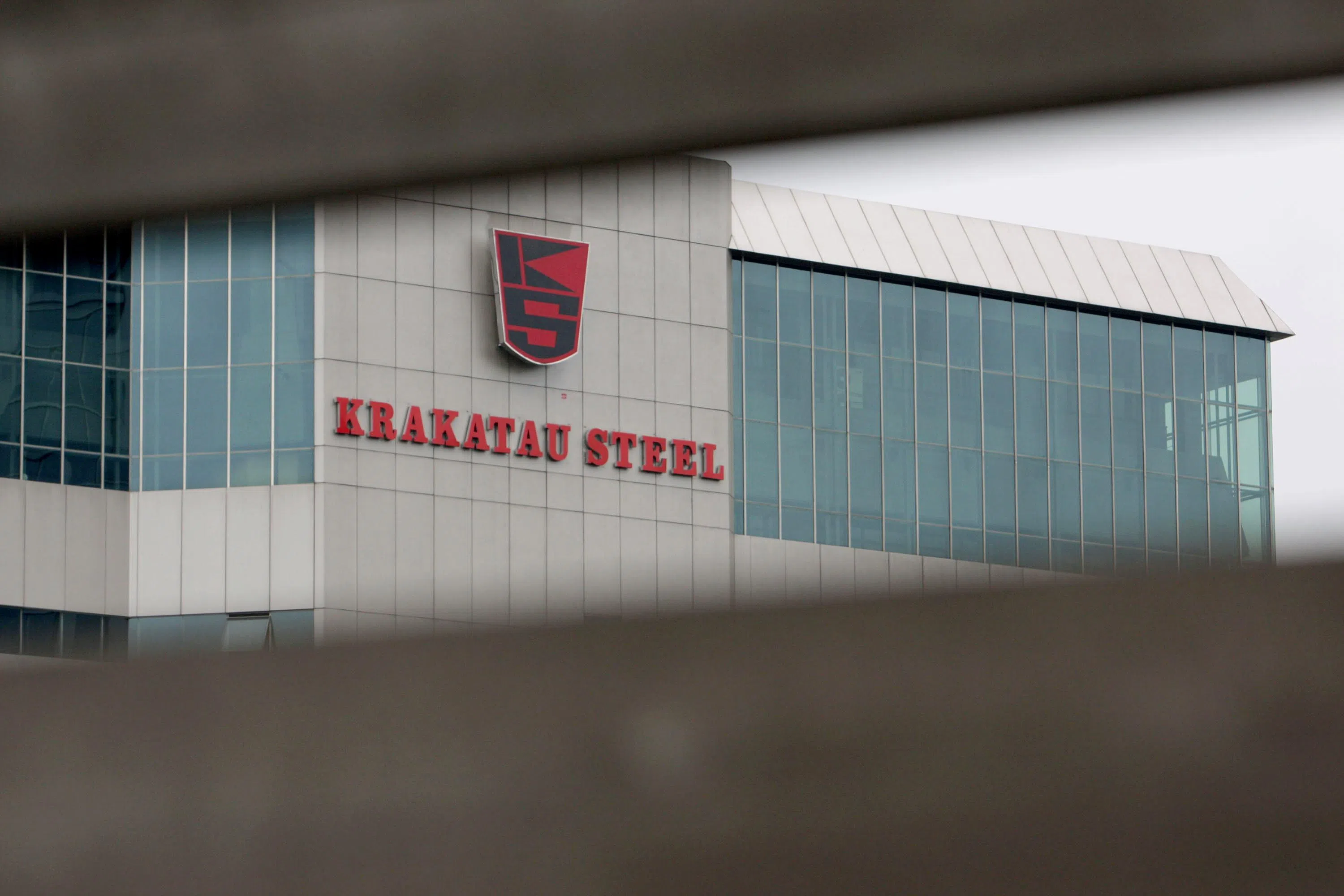CHECKING out the latest arrivals in a Pop Mart store near their apartment has become a weekend routine for 34-year-old Shanghai resident Miki Li and her family.
Li likes collecting blind box toys, or cartoon figurines in mystery packaging, featuring versions of the store’s signature character Molly dressed up like Garfield, a Minion or Ultraman. She has dozens at home.
“It gives you a way to escape from work stress and gain instant excitement,” she said of not knowing which toy will be inside the box. It’s the “perfect gift you can regularly buy to reward yourself”.
Li is among the millions of Chinese consumers who have turned Pop Mart International Group into a rare consumption bright spot and equity market darling. Its Hong Kong-listed stock has surged more than 150 per cent this year, making it one of the top performers on the MSCI China Index.
The rally sets Pop Mart apart amid China’s ongoing spending gloom. The firm raised its 2024 sales guidance to 10 billion yuan (S$1.8 billion) after reporting a more than 60 per cent jump in revenue for the first six months of the year, defying the nation’s sluggish growth and declining consumption trends.
Pop Mart’s ascent has been fuelled by Chinese consumers’ robust appetite for so-called pop toys that offer emotional and social value in economic downturns, market watchers say. The Beijing-based toymaker has increased its member base in mainland China to over 39 million as of June.
A NEWSLETTER FOR YOU
Friday, 2 pm
Lifestyle
Our picks of the latest dining, travel and leisure options to treat yourself.
The company’s blind box dolls typically have a starting price of 69 yuan, while other bigger-sized, limited edition toys can go for as high as a couple of thousand yuan.
“It’s 100 per cent discretionary spending, but the combination of popular intellectual property, blind box novelty and social needs have made its demand especially resilient,” said Jizhou Dong, an analyst at Nomura International HK. “Young people that are not buying a car or a house in China find joy in collecting these pop toys.”
On China’s Instagram-like social platform Xiaohongshu, users showcase collections that can take up a full room and talk about their dolls like treasures, from their designs to memories from when they were purchased. There are also gray markets, where the popular and rare-to-find toys can sell at several times their original prices on Chinese apps like Dewu and QianDao.
Pop Mart’s stock currently trade at 23.7 times forward multiples, around its three-year average. Of the 30 analyst recommendations compiled by Bloomberg, 28 are buys and two are holds, with no sell ratings.
The toymaker’s strong momentum abroad is also fuelling investors’ bullish sentiment this year. Sales from overseas markets including Hong Kong and Macau have more than tripled during the first six months of the year, and make up about a third of total revenue.
Take Labubu, a small monster with high, pointed ears and serrated teeth that sparked a craze in Thailand and neighbouring South-east Asian countries. The plush doll, which counts Blackpink’s Lisa as a fan, attracts long store lines and has inspired tattoos in Thailand.
South-east Asian markets accounted for 41 per cent of international revenue in the first six months of the year, followed by East Asia. The company aims to open 30 to 40 new stores in the second half, mainly in the South-east Asia and the US, according to Morgan Stanley.
Not all happy
Founded in 2010 and publicly listed in 2020, Pop Mart wasn’t always an investor darling. Its shares suffered two years of losses through 2022 as the company’s business struggled during the pandemic. Regulatory concerns also plagued the firm until Chinese authorities issued guidelines on blind box businesses in 2023.
The popularity of figures like Molly – a short-haired girl with an iconic pouting expression – also challenged the market’s conventional view that characters without narratives won’t succeed. Unlike Walt Disney’s Mickey Mouse or Sanrio’s Hello Kitty, Pop Mart’s toys don’t have stories behind them and instead rely on introducing new versions with changing contexts to boost their vitality.
To win investors long term, Pop Mart will need to sustain the longevity of its most beloved toy characters while continuing to introduce new ones. And it will need to keep luring customers like Miki Li, for whom blind box fever – while exciting – can become costly.
Li said her seven-year-old daughter would decide she “has to” have a specific figurine, and keep asking to buy blind boxes until she gets the one she wants – once opening the mystery packaging in a store and bursting into tears when realising she didn’t get her desired toy.
“My husband then bought three more, and unfortunately didn’t get what she needed. We spent half an hour there until we dragged her out of the shop,” Li said. “It’s a nightmare if you can’t control yourself and keep spending.” BLOOMBERG







